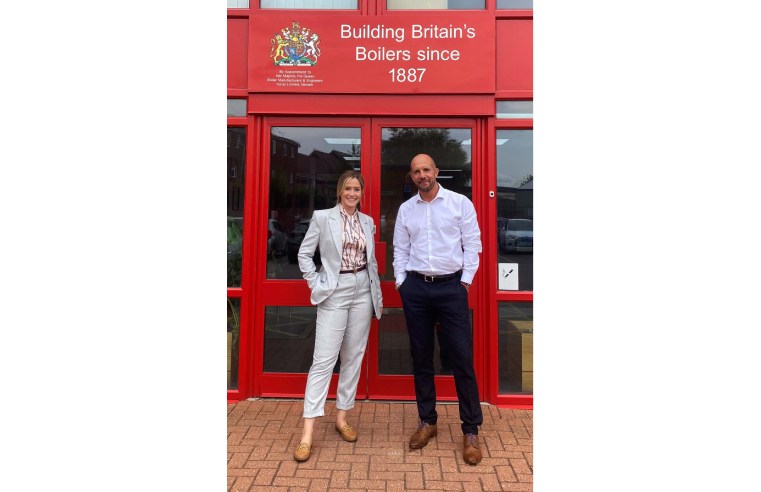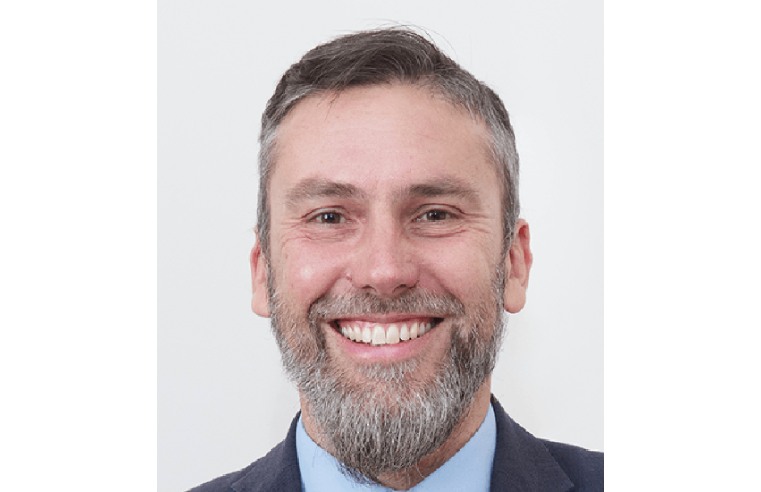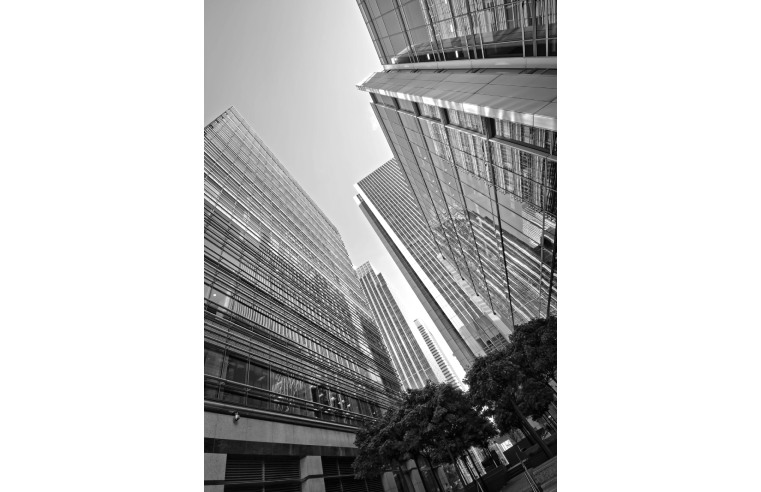Salisbury Group has unveiled a plan to go beyond net zero and be a Climate Positive Company from this year onwards. Alongside a detailed plan to move to sustainable operations, Salisbury has committed to investing 110% of total offsetting costs into environmental projects certified by the Verified Carbon Standard (VCS).
‘Climate Positive’ means that the company will be going beyond carbon neutrality by not only delivering a plan to reduce its carbon emissions but also using enhanced offsetting for the remaining emissions from 2021. ‘Net carbon positive’ may also be used to describe the plan, as the company will be taking further action to reduce emissions to the atmosphere to the extent that the total reductions exceed what Salisbury Group produces, as certified by an independent expert body.
Salisbury's plan will see a green transformation of its energy, vehicles, and other environmental practices, such as removing single-use plastics from operations and new sustainability training for all Salisbury staff.
Following a deep dive into its scope 1, 2 and 3 emissions, Salisbury identified its main polluting area as its fleet. Over the coming years, Salisbury will transition the fleet from majority diesel and petrol vehicles to electric vehicles, using hybrids in the immediate term where there is a lack of suitable charging infrastructure. It also plans to shift all offices to using 100% renewable energy, with its London office already being 100% powered by renewables.
Group Managing Director of Salisbury Group, Andrew Lunt, commented on the company's new Climate Positive commitment: "All of us in the facilities management industry have been on a journey of understanding firstly how we have contributed to climate change, and secondly what we can do about it. At Salisbury Group, we share others' commitment to achieve as close to zero carbon operations as possible.
“However, we want to do more than just achieving net zero. With our engineers, cleaners and security guards operating across the country, we know that we have historically contributed to climate change. That's why we are going to give 110% to green offsetting projects via the VCS to be a Climate Positive Company, while at the same time transforming to low carbon and environmentally friendly operations for the future."
The first recipient of Salisbury's Climate Positive funding will be a geothermal power plant in Indonesia. This clean source of renewable energy will create sustainable jobs and improve skills in local impoverished communities. The project has been certified by the VCS, the world's most widely used voluntary greenhouse gas program, run by Verra. Over 1,700 certified VCS projects have collectively reduced or removed more than 690 million tonnes of carbon and other greenhouse gas emissions from the atmosphere. In order to be VCS-certified, projects must adhere to a series of eight guiding principles and ongoing monitoring, audits and reviews.
Robin Rix, Chief Policy and Markets Officer, Verra, said: "Salisbury Group's Climate Positive commitment is exemplary in that the company first developed plans to reduce emissions as much as possible and then offset the remaining emissions - and more - via carbon credits. The rigorous rules and requirements of the VCS Program ensure that our projects effectively contribute to climate mitigation and support sustainable development."



































